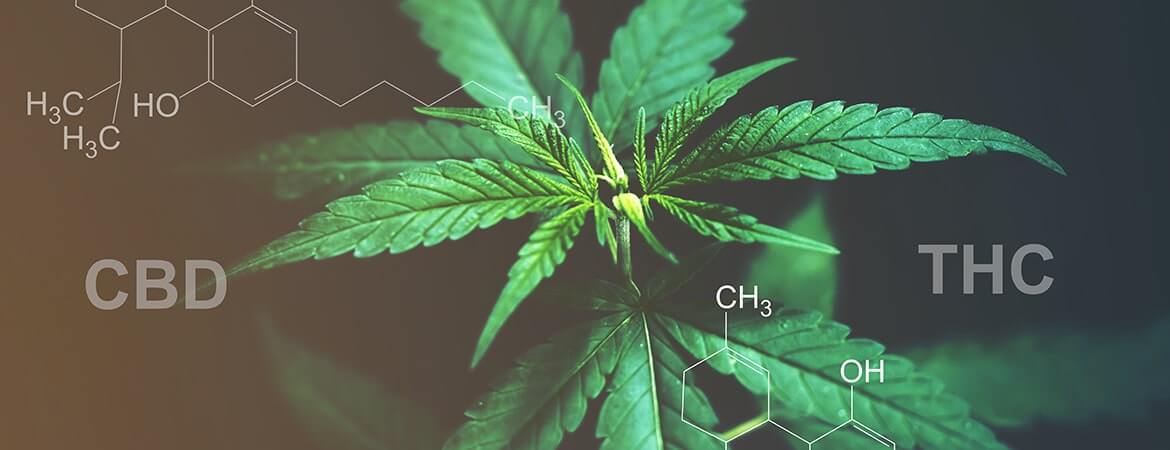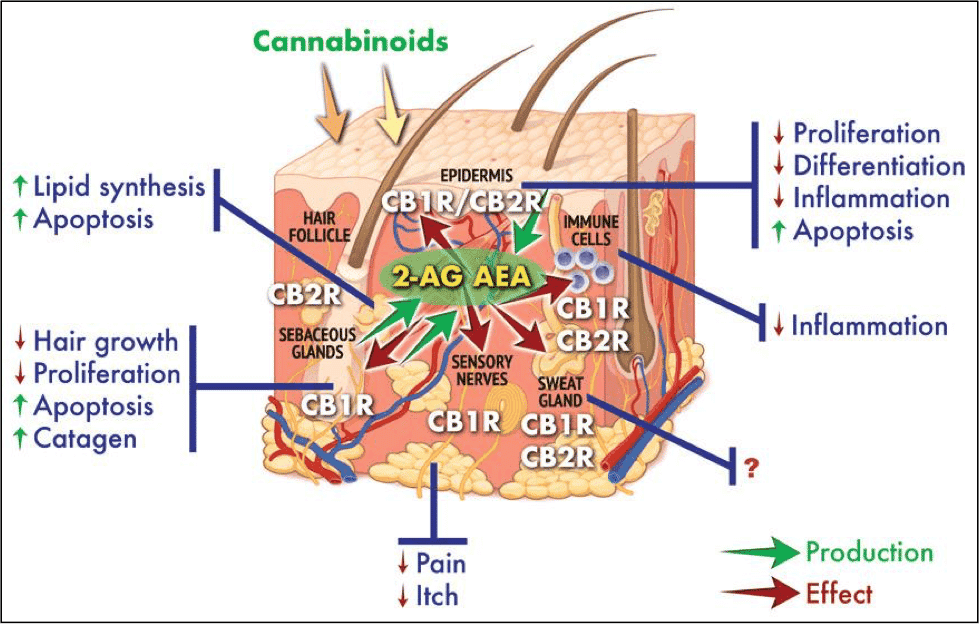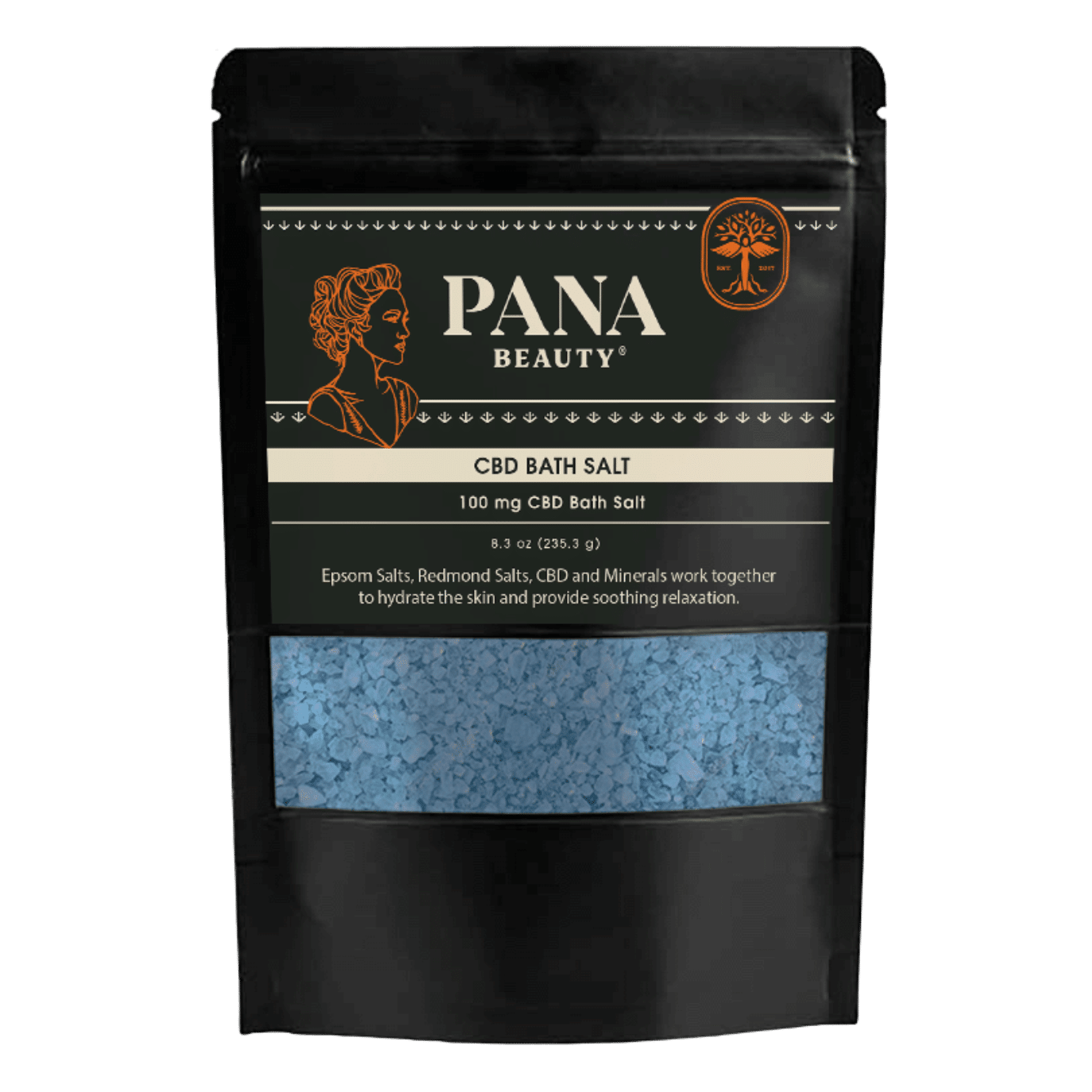Attention deficit Hyperactivity Disorder (ADHD) is a label that seems to be thrown around a lot. Most often, it gets pinned on kids and teenage boys who can’t seem to sit still. It will even be used by people to describe being distracted. Those with ADHD know that it’s more than just squirming in your seat and getting lost in thought. They know better than anyone how trying this condition may be.
People with the disorder have likely tried several different ways to lessen symptoms with medication is one of the most common forms of treatment. People are exploring approaches other than prescribed medication to alleviate symptoms of ADHD. Recent studies suggest that Cannabidiol (CBD) oil could be a potential treatment for this affliction.
The use of CBD may be an encouraging thought for some and there are others who may hesitate. This is understandable as the idea of CBD being used as in ADHD treatment leads to several questions. It is important that those questions are addressed and answered, starting with the basics.
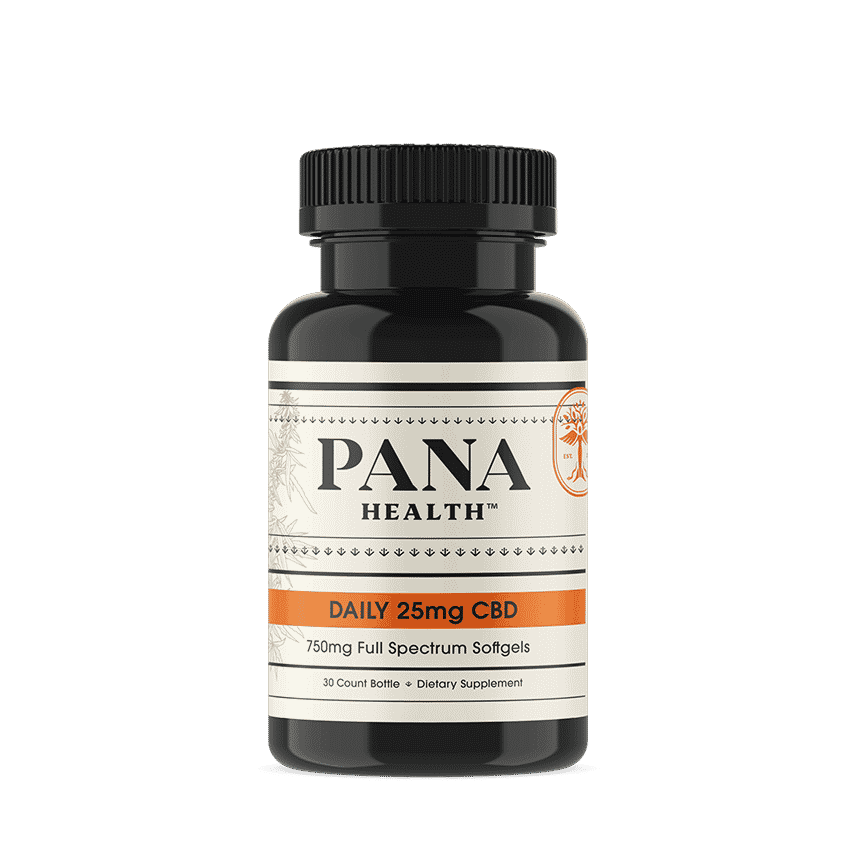
What is ADHD?
ADHD is a common mental disorder that despite popular belief, affects adults and children alike. As the acronym suggests, ADHD is usually associated with inattention and hyperactivity.
According to recent research, ADHD impacts about 4.4% of adults and 9.4% of children in the United States. Symptoms usually start to emerge between ages three to six. Most cases are not even caught until they are children who are seven years old. Diagnoses as more medical professionals recognize the disorders are increasing annually. In the last eight years, diagnoses of ADHD are up 42%. Males are more likely to be diagnosed with it than females. This is partially due to the fact that the symptoms tend to be different in women than men.

-
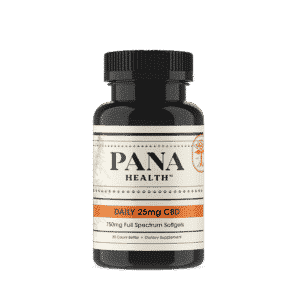
DAILY Full Spectrum CBD Softgels
From: $23.95 Select options This product has multiple variants. The options may be chosen on the product page -
Sale!

Stress Less Bundle
Bundle Price: $27.63 Add to cart -

CBD + CBG Body Massage Oil
From: $9.95 Select options This product has multiple variants. The options may be chosen on the product page
Common male symptoms include hyperactivity, lack of focus, and impulsiveness. For females, the symptoms are not as outwardly obvious. They generally include low self-esteem, anxiety, verbal aggression, and withdrawing socially. When they are younger, boys with ADHD are generally labeled as hyper, while girls get called spacey. Despite the differences, these symptoms may often make things like school and work difficult for those who wrestle with them.
While it is something that is looked for more in children, adults may struggle with ADHD too. In fact, recent years have seen a rise in the number of adults (especially women) who have been diagnosed.
How is it so prevalent?
Most studies suggest that ADHD is usually related to the patient’s genetics. Three out of four people with ADHD have a relative who has it as well. However, there is also evidence that things like brain damage, premature birth, and complications with pregnancy (complications, including smoking and severe stress during pregnancy) may also cause ADHD.
It is common for those with ADHD to be on medication to help regulate the symptoms. However, not everyone may take medication. Allergies and negative side effects may make it unpleasant or impossible to take. Plus, in some cases, these traditional routes may not sufficiently address symptoms which have created a need for alternative approaches to help people cope with the disorder.
What is CBD?
Most people have probably heard of CBD. CBD oil has had a jump in popularity over the last few years, partly because of its legalization across the United States and in several other countries around the world, but largely due to the number of positive health benefits reported with CBD usage. Be that as it may, many people still are not sure what it is and may confuse it with another Cannabis compound.
CBD is a compound extracted from plants that are members of the Cannabis family, plants like Marijuana and Hemp. CBD is often associated with and confused with tetrahydrocannabinol (THC). The confusion is understandable. THC is much more well-known than CBD. Despite being found in the same family of plants, they have very different biological effects.
One difference between CBD and THC is that while both compounds are found in Marijuana and Hemp, they are found at different levels. Marijuana is richer in concentrations of THC, which is why it is more associated with the high generally connected with Cannabis. Hemp, meanwhile, is much higher in CBD concentrations. Hemp is used more often by CBD manufactures to extract the compound.
THC creates the high that is most often affiliated with Cannabis. It does this by binding with the two main human Cannabinoid receptors, called CB-1 and CB-2, briefly changing the brain’s chemistry. CBD, on the other hand, does not directly bind with these receptors. This means that CBD does not produce the same high as THC.
Instead of interacting with Cannabinoid receptors, CBD may activate several different receptors in the body, including boosting those that produce serotonin (possibly making you feel more positive) and dopamine (which affects your cognitive functions, potentially helping with motivation). CBD oil is often used to promote a sense of calm, to rare forms of epilepsy, and for promoting general well being. Since industrial hemp’s legalization, we are still trying to understand what exactly CBD may do and how it may help people.
How may CBD help with ADHD?
There has been a recent upswing in the number of studies looking at the impact CBD may have on ADHD. Generally, there need to be several studies showing the same results before an assertion like this may be treated as fact. Many studies that are being done are focusing primarily on THC or Cannabis in general. There is still work and research that needs to be done on CBD specifically.
One 2012 study published in the Journal of Psychopharmacology looked at the effect CBD had on the hyperactivity of rats. This investigation found a significant drop in the hyperactivity of the rats that were given the CBD. Not only did it calm the rats, but they also concluded that there was no obvious negative impact on the creatures’ attention spans.
Even though studies looking at CBD and ADHD are lacking, there are plenty on the effects of CBD on one of ADHD’s biggest symptoms: anxiety. In 2011, the Nature Publishing Group published a study that showed that CBD could possibly help reduce anxiety. This could be a benefit for many of those who wrestle with ADHD induced anxiety. It could especially help women, in whom anxiety is a very common symptom.
Despite the lack of human clinical studies for direct effects of CBD on ADHD, there is a considerable number of personal testaments from people with ADHD, claiming that CBD oil and Cannabis have helped with their symptoms. A study published in 2016 by PLOS ONE found that Cannabis was commonly recommended to those struggling with ADHD by other patients.
The best ways to take CBD for ADHD
CBD is easy to personalize in that it may be taken in several different forms, derived from several different strains, and is available in several different concentrations. Finding what works best for you will take some experimentation. It is smart to ease into starting a CBD regimen. All people are unique. Two different people may have completely different reactions to the same strain and concentration. To avoid having unwanted side effects, start your dosage with simple strains, in low concentration. If you do not have any adverse effects, you may slowly adjust up the amount, maybe even try a new strain.
The best way to keep track of and control how much CBD you’re taking is by using oral products. There are a few different ways to take CBD orally. Capsules, tablets, tinctures, and gummy edibles are popular and easy (and, in some cases, yummy). You may also use CBD through lotions and balms. But these are often used as a treatment for inflammation or for skincare, but they are not effective for addressing ADHD. For treatments of things like ADHD and anxiety, taking CBD orally is recommended.
Despite ADHD being so prevalent in children and teenagers, CBD is not generally recommended for children and those under 18. There is not enough information about what potential effects it may have on a developing mind. If it seems like CBD is something that could help with your child’s ADHD, consult with your pediatrician about it.
While some of these studies regarding CBD and ADHD are promising, they are not conclusive. There is still plenty of research to be done on the mental benefits of CBD. Be sure to talk to your doctor before trying CBD as an ADHD treatment. If you are taking medication to help with your ADHD, talk to your doctor.
With an increased focus on how CBD works with ADHD, research seems to suggest that CBD may be a potential alternative for or supplement to take along with medication for those who struggle with the symptoms of ADHD. The calming effects of CBD oil could help reduce the unwanted symptoms that so many with ADHD struggle with every day.
Sources:
https://www.medicalnewstoday.com/articles/325599.php#can-cbd-oil-treat-adhd
https://www.ncbi.nlm.nih.gov/pubmed/22495620
https://www.additudemag.com/statistics-of-adhd/
https://www.healthline.com/health/adhd/facts-statistics-infographic
https://www.psychiatry.org/patients-families/adhd/what-is-adhd

